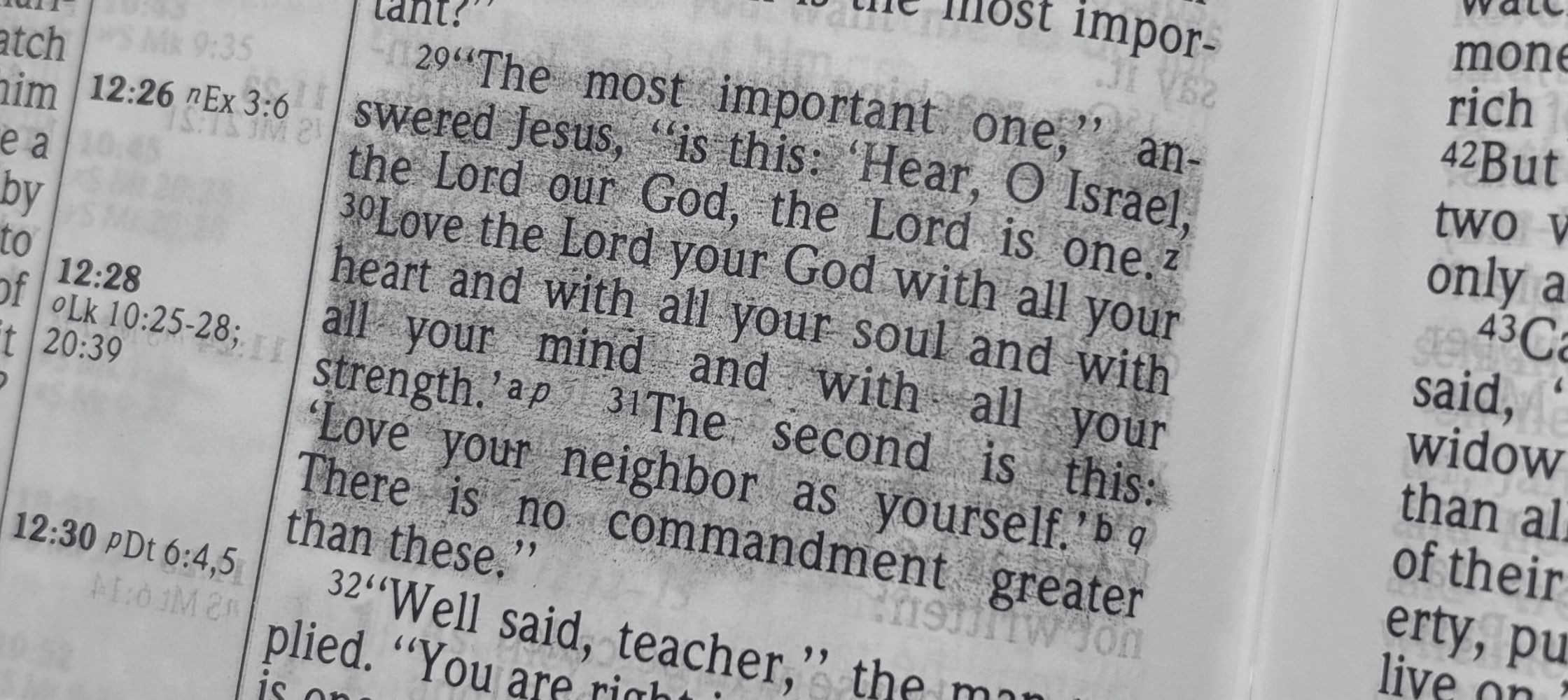Thank you! Your submission has been received!
Oops! Something went wrong while submitting the form.

By: Robert E. Zink
May 30, 2022
We are not wrong to label evangelism and discipleship as Christian duties. Yet, when duty is the exclusive motivation, both activities are restrained significantly. Instead, in calling Christ's followers to service, our Lord cites several catalysts to incite serving Him in such a way. Noting that this is how we may glorify the Lord (1 Corinthians 10:31), participate in the transformation of lives (Matthew 28:19; cf. Romans 12:1-2), and influence the world with His truth (cf. Romans 10:17), Scripture persuades us to involve ourselves in evangelism and discipleship. Allow me to propose something more: Participating in the Great Commission is a mechanism for actively worshiping God.
An admired friend of mine is a man by the name of Dr. Greg Harris. Before he was a friend, he was a professor of mine in a class on the very topic of worship. Necessary to our discussion of worship was the identification of worship, and so he proposed the following definition: A response to the activities and attributes of God, in spirit and truth.
Although he has since retired, this definition of worship stays with me because of its substance and simplicity. With that simple statement, we are told the following:
A vital characteristic of this is that we have a definition that is grounded in Scripture. The meaning is derived from the very words of Christ during his interaction with the woman from Samaria when he explains to her that "God is spirit, and those who worship him must worship in spirit and truth" (John 4:24).
Doesn’t that clarification about worship identify the ambition of evangelism and discipleship? In this way, the Great Commission is not merely an ambition of work; it is an activity of worship. Believers should engage in evangelism and discipleship as a means to respond to the activities and attributes of God.
As a response to God's activity, these functions result from two separate works. First, it is a response to God's work in our lives. We have seen, experienced, and understood how the Lord calls people to Himself because that's the activity he already undertook in our lives. Additionally, it responds to God's work in others' lives. The acts of regeneration, conviction, conversion, justification, and redemption are all an act of God. The means of bringing that about is the hearing of the Lord's Word through human proclamation of it (Romans 10:1-17), therefore engaging in the Great Commission is a response to the Lord's actions in the lives of individuals.
Furthermore, evangelism and discipleship take the form of worship by responding to the attributes of the Lord. Consider the following list of the Lord's attributes and think about how each is acknowledged in our obedience to the Great Commission:
The list of the Lord’s attributes is thorough, and these few examples fail to capture them wholly. However, with just a discussion of just a few characteristics, we can see that evangelism and discipleship are a response to who the Lord is.
I do not want us to forsake our obligation to evangelism and discipleship. In calling us to His work in our lives, He has also called us to work in the lives of others. In that manner, this is a matter of duty. Yet, both are motivated not only by the Lord's command to us but by our response to Him. In this way, the Great Commission becomes a matter of desire, a desire to worship God.
